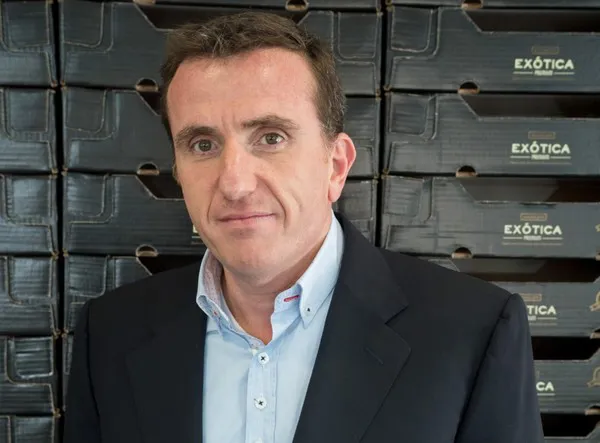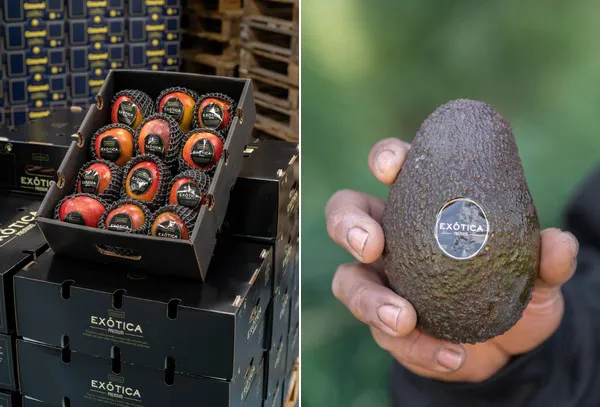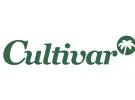Despite the fact that, in general, the importation and marketing of exotic fruits has been affected by the consequences of the pandemic, the mid and long-term growth prospects are very encouraging. Interesting changes are being observed in consumer trends, such as the growth and consolidation of the ready-to-eat segment. Pedro Sitjar, director of Cultivar, Europe's largest importer of mangoes by plane and one of the largest marketers of exotic fruits, analyzes the challenges that 2020 has brought and the economic challenges that 2021 will bring.

What have been the greatest achievements and difficulties for Cultivar in 2020?
The greatest achievement has been to establish safety protocols and set up equipment for our staff and clients in record time. Our activity is mostly carried out face-to-face and rarely allows us to telework, so launching new forms of work that would guarantee the safety of the team in a matter of hours and obtaining protective materials in the first weeks of the lockdown was a real challenge.
How do you think the COVID-19 pandemic has affected the exotic fruit business in general?
The consumption of more special and delicate exotic products has been affected by the decrease in spending in the restaurant channel. However, we have also observed a rise in the sale of other products, such as kiwifruit or ginger, highly appreciated for their antiviral properties.
Some in the sector say that the demand in this Christmas campaign has been lower compared to other years due to the impact of the pandemic.
Our campaign's results depend not only on the demand, but also on the supply. This Christmas, the supply of a flagship product like pineapples has been somewhat lower and sales are going well. The sale of some exotic products and berries has perhaps been somewhat more affected, but the demand for products that are already well established, such as mangoes, avocados and papayas, continues to be good.
Last year, Cultivar imported more than 9,000 tons of mangoes by plane. What are the prospects for the future?
The volumes of air-shipped mangoes continue to grow. Cultivar has become one of the main importers of air-shipped mangoes on the continent. We import and distribute mangoes throughout Europe. It is an excellent quality product and the customer appreciates it and is willing to pay for it. The prospect for the near future is that volumes will continue to grow, as air-shipped mangoes are becoming a basic product for any greengrocer.
From which countries do you import the mangoes?
We mainly import mangoes from Peru, Brazil, Senegal, Ivory Coast, Israel, Mexico, the Dominican Republic and Costa Rica. During the domestic mango season, we work with local fruit together with Tropicsur, a company specialized in the domestic production with which we have recently partnered.
Are there any relevant changes taking place in the marketing of mangoes?
We distribute mangoes in a large part of the European continent, in countries such as France, Italy, Greece, Belgium, Switzerland, the Eastern countries, etc. In general, mango consumption in Spain and in Europe continues to grow. The most relevant change has been the introduction of ready-to-eat mangoes in the market. In recent years, consumers have noticed the substantial improvement in the quality of mangoes when they are at the right point of ripeness.
As a consequence of these changes in marketing, we at Cultivar decided to become specialists, and almost two years ago, we created a company specialized in mangoes and avocados: Cultipalta. At Cultipalta, a team of experts works exclusively with these two products, selecting the best varieties, the best origins and the best suppliers. Once the product reaches our facilities, we make use of state-of-the-art ripening chambers and selection machinery that detects the penotromy levels, the sugar content, any internal and external issues, etc. After all this process, we are able to offer a product meeting the requirements of each client.
We are currently seeing the greatest development in sales in the mangoes shipped by sea that we handle in our facilities and deliver ready-to-eat at very competitive prices and with exceptional quality.

Regarding avocados, what are the expectations for this campaign?
We hope to develop the sale of domestic avocados thanks to the aforementioned association with Tropicsur, a company with great knowledge about the product and its production process, while we continue to grow with imports. Without a doubt, avocados are one of the fastest growing exotic products, along with products such as mangoes, ginger or papayas.
How is the sector preparing for the large increase in the production expected in the coming years?
For the time being, the demand exceeds the supply in the case of avocados, and with the emergence of China as a consuming country, it does not look like that production growth could lead to an oversupply.
What are the prospects for papayas in the long term future?
Papayas are a very healthy product and we believe the fruit has a promising future ahead. In recent years, all the papayas we sell have been imported by air, which allows us to offer a high quality, ready-to-eat fruit. The development of new varieties and improved logistics will help boost the consumption of this highly beneficial fruit.
How is the closure of the horeca channel affecting the marketing of fresh papaya and lime?
The closure of the horeca channel has affected limes more directly than papayas. Lime consumption in homes is more limited, but large volumes are used in restaurants, which unfortunately are not operating at the usual rate. We expect lime consumption to rise again in spring as the health situation improves.
What do you think will be the biggest challenges for 2021?
The economic recession caused by the health crisis is our greatest concern at this time. The recovery of tourism and the catering channel won't happen immediately and a good part of our country depends economically on these sectors. At the moment, there is still a lot of uncertainty. Let us trust that vaccines will bring more stability, confidence and, therefore, economic recovery.
 For more information:
For more information:
Cultivar
T: +34 932 61 87 00
miriam.abdelasis@cultivar.net
www.cultivar.net
www.exoticapremiumfrutas.com
